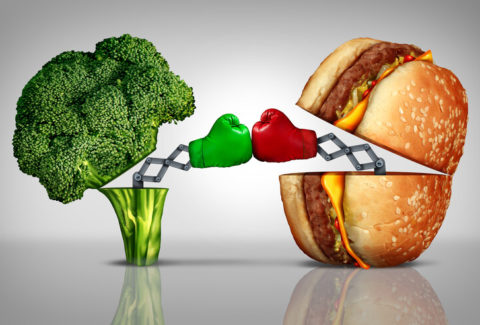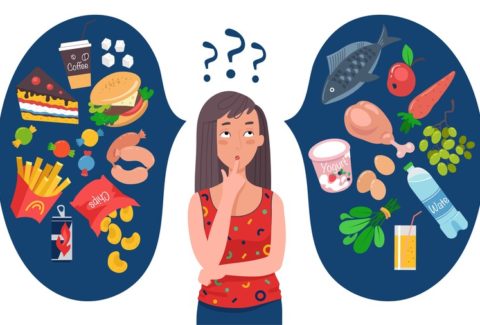How to Become Wise: The Supertherapist’s Ten Reflections on Wisdom

How to Become Wise: The Supertherapist’s Ten Reflections on Wisdom
The Supertherapist knows all too well that wisdom means to be integrated with the Source of Wisdom in them. They also know that the process of being integrated with the Source of Wisdom involves:
- Unlearning
- Relearning
- Learning again
In this process, Supertherapists:
- Remove blocks, in form of patterns
- Gain knowledge, which is different from perception or just information
- Go through an experiential process culminating in understanding
They then learn to develop:
- Sound judgment
- Wisdom
- Discernment
Here are the ten reflections of Supertherapists on Wisdom and becoming wise:
- Allowing Understanding
-
-
- Actively allowing learning and knowledge in various areas of life
- Reading books
- Engaging in meaningful conversations
- Exploring different perspectives
- Staying curious about ourselves, others, and the world around them
-
- Embracing Life Experiences
-
-
- Learning from our own experiences and reflecting upon them
- Embracing both successes and failures as opportunities for growth and self-integration
- Extracting valuable lessons from each experience to enhance our understanding of life
-
- Practicing Critical Thinking[1]
-
-
- Developing the ability to think critically and analyzing information objectively
- Questioning assumptions, limiting beliefs and schemas
- Evaluating evidence, and considering alternative viewpoints
- Avoiding hasty judgments and striving for a balanced and rational approach
-
- Cultivating Open-Mindedness
-
-
- Being open to new ideas, perspectives, and possibilities
- Avoiding rigid thinking and embracing intellectual flexibility
- Allowing ourselves to consider different viewpoints, even if they challenge our existing beliefs
-
- Seeking Guidance from Mentors
-
-
- Seeking out mentors or wise individuals who can provide guidance and share their wisdom with us
- Learning from others’ experiences, insights, and advice
- Knowing that others’ guidance can be part of our process of mastering how to navigate challenges and gain valuable insights from and through life
-
- Practicing Self-Reflection[2]
-
-
- Taking time for introspection and self-reflection
- Exploring our thoughts, emotions, and beliefs
- Regularly evaluating our own actions, motivations, and values
- Understanding that self-reflection helps deepen self-awareness and promotes personal growth
-
- Learning from Others
-
-
- Observing and learning from the experiences and wisdom of others
- Engaging in meaningful conversations, listening actively, and asking questions
- Being open to learning from people of different ages, backgrounds, and perspectives
-
- Cultivating Empathy[3]
-
-
- Developing the ability to understand and empathize with others
- Seeking to understand others’ experiences, emotions, and perspectives
- Understanding that empathy helps broaden our understanding of the human condition and enhances our ability to make wise decisions
-
- Practicing Mindfulness[4]
-
-
- Cultivating mindfulness by being fully present in the moment and aware of our thoughts, emotions, and sensations
- Understanding that mindfulness helps us observe and respond to situations with clarity and wisdom
-
- Embracing Humility[5]
-
-
- Recognizing our own limitations and embracing a humble attitude
- Avoiding excessive pride or arrogance. For we know that they hinder the growth of wisdom
- Understanding that humility allows us to:
-
- Be open to learning
- Consider different viewpoints
- Accept that we don’t have all the answers; unless we are fully integrated with our Source of Wisdom
-
-
Now unto you:
Many of these reflections are yours. Others are very much familiar to you; while still others are still a challenge. Here, at SWEET, we have thousands of online seminars that can help you in your process of becoming wise. Click the link below to select some courses, and let us continue to be empowered and model for our patients and clients to do the same.
- Schema Therapy for Clinicians: Mondays from 8-9pm (EDT)
- Philosophy and Mental Health: Monday, 10:30-11:30pm
- Super Memory Skills for Clinicians: Wednesdays from 7-8pm (EDT)
- Writing Skills for Clinicians: Thursdays from 10:30-11:30pm (EDT)
- Spiritual Tools for Clinical Outcomes: 2nd and 4th Saturday, 2-3pm
Please also join us for our upcoming CBT Virtual Conference on CBT for Substance Use, Friday, June 16, 2023
[1] Krupat, Edward, et al. “Thinking critically about critical thinking: ability, disposition or both?.” Medical education 45.6 (2011): 625-635.
[2] Gerace, Adam, et al. “‘I think, you think’: Understanding the importance of self-reflection to the taking of another person’s perspective.” Journal of Relationships Research 8 (2017): e9.
[3] Hardee, James T. “An overview of empathy.” The Permanente Journal 7.4 (2003): 51.
[4] Irving, Julie Anne, Patricia L. Dobkin, and Jeeseon Park. “Cultivating mindfulness in health care professionals: A review of empirical studies of mindfulness-based stress reduction (MBSR).” Complementary therapies in clinical practice 15.2 (2009): 61-66.
[5] Huynh, Ho Phi, and Amy Dicke-Bohmann. “Humble doctors, healthy patients? Exploring the relationships between clinician humility and patient satisfaction, trust, and health status.” Patient Education and Counseling 103.1 (2020): 173-179.








